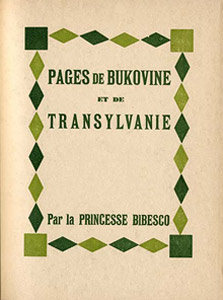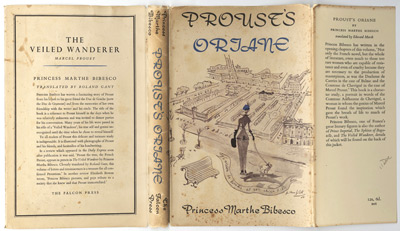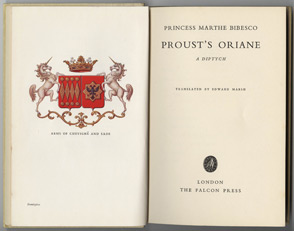Princess Marthe Bibesco 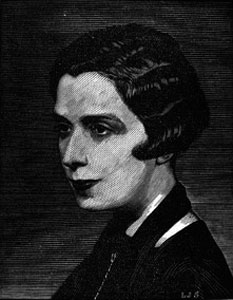 Princess Marthe Bibesco Princess Marthe BibescoFluent in French at an early age (even before she could speak Romanian), Marthe spent the first years of her marriage under the tutelage of her mother-in-law, the princess Valentina (née countess Riquet de Caraman-Chimay), who saw to it that the extensive education in European history and literature Martha already had was reinforced. An old peasant woman, Baba Uta [Outza], saw to it that she was also well-versed in Romanian folk traditions and tales. in 1905, she eagerly embarked on the trip, recording her observations in a journal. Along the way, she stopped at Yalta, where she encountered the exiled Russian writer Maxim Gorki. It was in 1908, at the suggestion of Maurice Barrès, that Marthe completed her impression of her Persian trip and published them. The French critics and writers were enthusiastic and amazingly complimentary. The travel memoirs she wrote about what she saw, Les Huit Paradises ("The Eight Paradises"), launched her on a lifelong career as a successful writer of both nonfiction and novels. She became the toast of Belle Epoque Paris, moving easily among the literary, aristocratic and political power elites. She was awarded the Prix de l'Academie Française and met Marcel Proust, who sent her a letter praising her book: You are not only a splendid writer, Princess, but a sculptor of words, a musician, a purveyor of scents, a poet. Acclaimed as each new book appeared - Le Perroquet Vert (1923), Cathérine-Paris (1927), Au bal avec Marcel Proust (1928) - Marthe gravitated toward political power more than anything else. Without forgetting the former Kronprinz, Marthe had a short love affair with Alfonso XIII of Spain, and another with the French Socialist representative Henri de Jouvenel. In the latter case, the class differences shattered their relationship, something that Marthe used as the basis of her novel Egalité ("Equality", 1936). The prime minister of Britain, Ramsay MacDonald, found her fascinating. She visited him often in London and was his guest at Chequers. He wrote many touching, tender letters to her. Their close friendship ended only with his death. "Marthe Bibesco." Wikipedia, The Free Encyclopedia. 10 Nov 2008, 03:20 UTC. 6 Jan 2009 <http://en.wikipedia.org/w/index.php?title=Marthe_Bibesco&oldid=250793307> Downloads 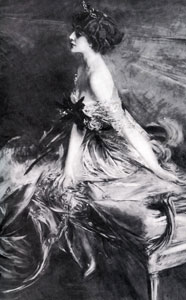 Princess Marthe Bibesco 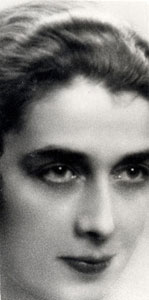 Princess Marthe Bibesco 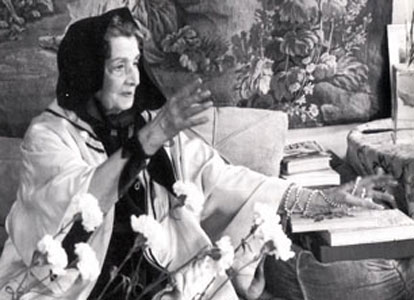 Princess Marthe Bibesco 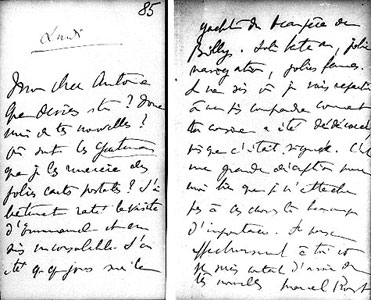 A letter from Princess Marthe Bibesco 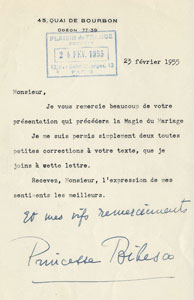 A signed letter from Princess Marthe Bibesco, dated February 23, 1955. The Foundation has many signed copies of her books, and also an old photo album of her house and grounds in Romania before the War. |
||
 |
|
||
|
|||
